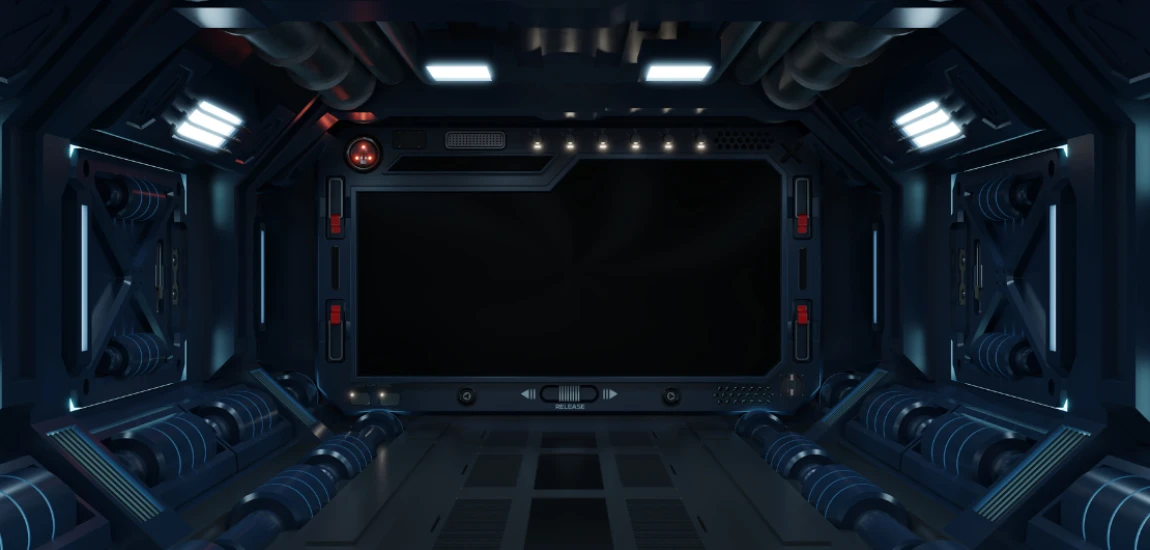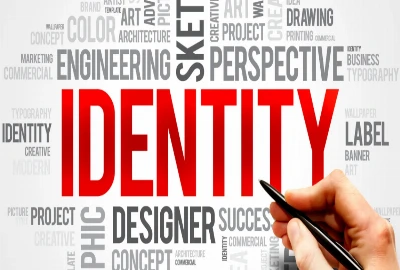The Sci-Fi of Now: Why Dystopias Are Getting Less Fictional

Dystopian science fiction has always held up a mirror to society, showing us exaggerated versions of our fears. From Orwell’s 1984 to films like Blade Runner or The Hunger Games, dystopias were once warnings of possible futures, not descriptions of reality. But in 2025, many readers and viewers find themselves unsettled: those once-fictional nightmares now feel like documentaries.
The rise of authoritarian surveillance, climate disasters, artificial intelligence, and extreme inequality has blurred the line between sci-fi dystopia and real-world headlines. These stories no longer feel like fiction; they feel like a roadmap for the world we’re entering. The big question is: why are dystopias getting less fictional, and what can we do about it?
Surveillance Culture and the Loss of Privacy

One of the most common dystopian themes is surveillance—the idea of a government or corporation tracking every move. Decades ago, this seemed like paranoia. Today, it feels eerily normal.
The Age of Big Data
From facial recognition cameras on city streets to online platforms tracking browsing habits, data collection has become an unavoidable part of modern life. Companies and governments use this information for efficiency, security, and marketing, but it also raises questions about autonomy and freedom. In many ways, we’ve willingly traded privacy for convenience.
Social Media as Self-Surveillance
Unlike Orwell’s Big Brother, much of today’s surveillance is voluntary. People post locations, habits, and even private conversations online. Social media has blurred the line between public and private life, creating a culture where oversharing is normalized—and monetized.
Fiction Meets Reality
Stories like Minority Report once imagined predictive policing. Now, algorithms already predict crime “hot spots,” sometimes reinforcing systemic biases. The overlap between fiction and real-world technology demonstrates why dystopias feel closer than ever.
Climate Change and Environmental Collapse

Another dystopian hallmark is environmental catastrophe: barren wastelands, food shortages, and uninhabitable cities. Unfortunately, climate fiction (cli-fi) is looking less speculative by the day.
Rising Temperatures and Extreme Weather
From record-breaking heatwaves to floods and wildfires, climate change has turned natural disasters into everyday occurrences. Fiction once dramatized climate collapse for effect; now, it’s part of our headlines and lived experiences.
Scarcity and Migration
Many dystopian tales feature societies fighting over scarce resources like water or arable land. Today, we’re seeing similar pressures as climate-driven migration increases. Countries face political and humanitarian challenges reminiscent of dystopian plots.
The Role of Fiction in Climate Awareness
Books and films like The Road or Snowpiercer warned us about collapse, but current realities make them feel prophetic rather than fantastical. Fictional dystopias have, in many ways, prepared us to see the warning signs.
Artificial Intelligence and the Fear of Control

AI has become one of the most discussed technologies of our time. It represents both a powerful tool and a dystopian threat.
Automation and Job Displacement
Science fiction has long predicted machines replacing humans. From Metropolis to Black Mirror, AI often symbolizes dehumanization. In today’s world, automation is already reshaping industries, sparking debates about the future of work and human purpose.
Deepfakes and Synthetic Reality
Dystopian fiction imagined realities where truth itself is unstable. With deepfakes and AI-generated content, distinguishing fact from fiction is already a challenge. This erosion of trust mirrors dystopian fears of manipulated reality.
Who Controls the Machines?
The central question in both sci-fi and reality is not whether AI exists, but who wields it. Concentrated in the hands of powerful corporations and governments, AI could either liberate or oppress, depending on its application.
Inequality and the Divide Between Classes

Dystopias often feature stark divisions: elites in gleaming towers and the masses struggling below. Today’s economic and social inequalities are making these stories resonate more than ever.
Wealth Concentration
The richest individuals and corporations hold unprecedented amounts of global wealth. While billionaires build luxury bunkers or even plan space colonies, millions struggle with basic needs. Fictional worlds like Elysium or The Hunger Games suddenly feel less symbolic and more like foreshadowing.
Technology as a Divider
Technology can both empower and exclude. While some enjoy cutting-edge healthcare, education, and connectivity, others are left behind by the digital divide. This uneven access deepens inequality and mirrors dystopian tropes of haves vs. have-nots.
The Normalization of Struggle
Dystopias often depict citizens adapting to hardship as though it’s normal. Rising housing costs, medical debt, and unstable jobs are increasingly normalized in reality, echoing the quiet acceptance seen in fictional dystopian societies.
Resisting the Dystopian Slide

While dystopian themes are becoming real, fiction also offers lessons in resistance and hope. If we recognize the patterns, we may still change course.
Learning from Stories
Fictional dystopias aren’t just warnings—they’re roadmaps for resistance. Characters who fight oppressive regimes or find community in chaos remind us that even in dark times, human agency matters.
Building Collective Awareness
Podcasts, films, and novels have sparked important cultural conversations about privacy, justice, and climate. Engaging with these stories critically can help societies anticipate problems before they worsen.
Finding Hope in Action
The most important takeaway from dystopian fiction is that people always have a choice. Collective action, technology used for good, and community resilience can help us rewrite the narrative. Fiction warns us, but it doesn’t seal our fate.




